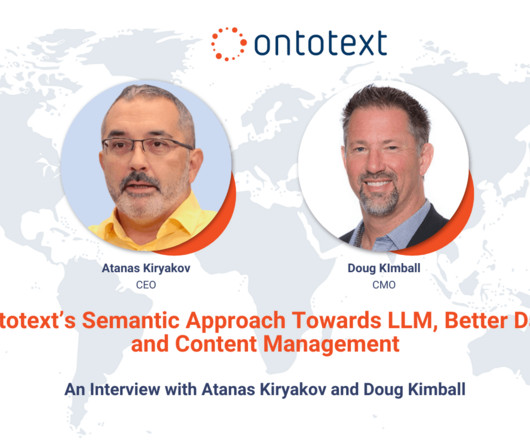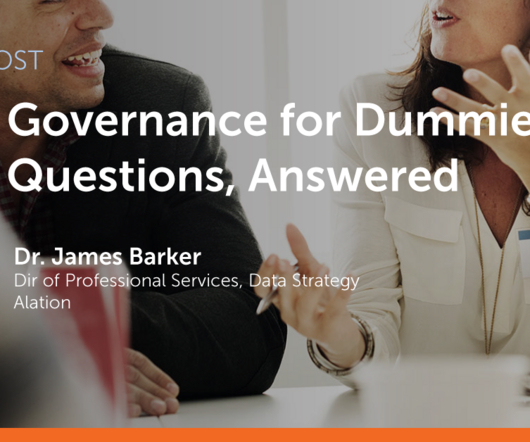What is a business analyst? A key role for business-IT efficiency
CIO Business Intelligence
OCTOBER 6, 2023
PayScale offers data on similar job titles that fall under the category of business analyst. Washington, D.C., is second, with reported salaries 12% higher than the national average; Houston comes in third, with a 4% higher annual pay. According to Payscale, these skills are associated with higher business analyst salaries.















Let's personalize your content